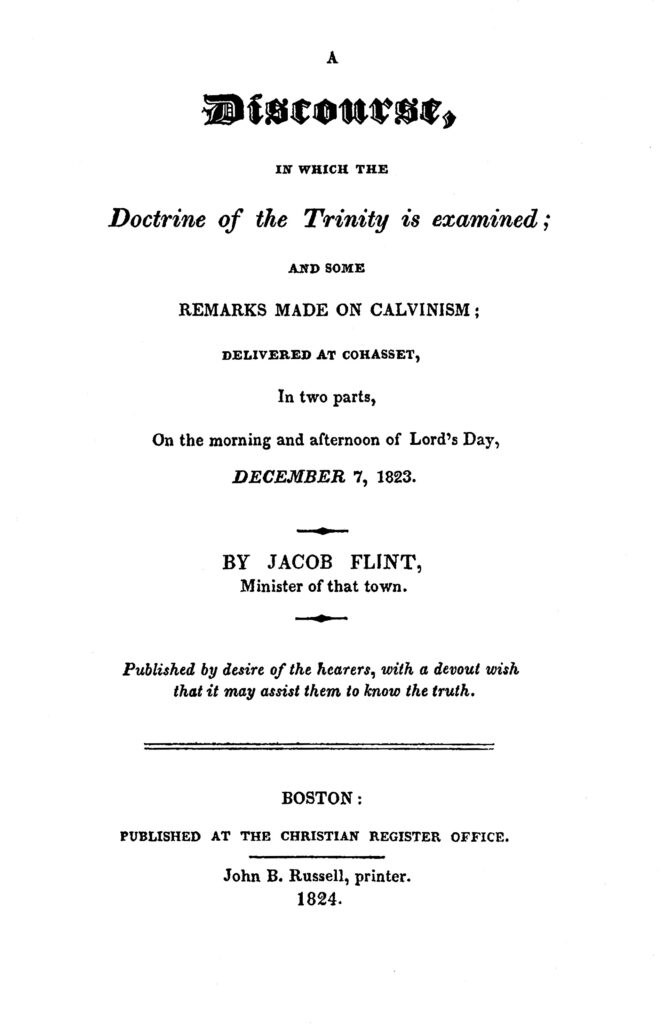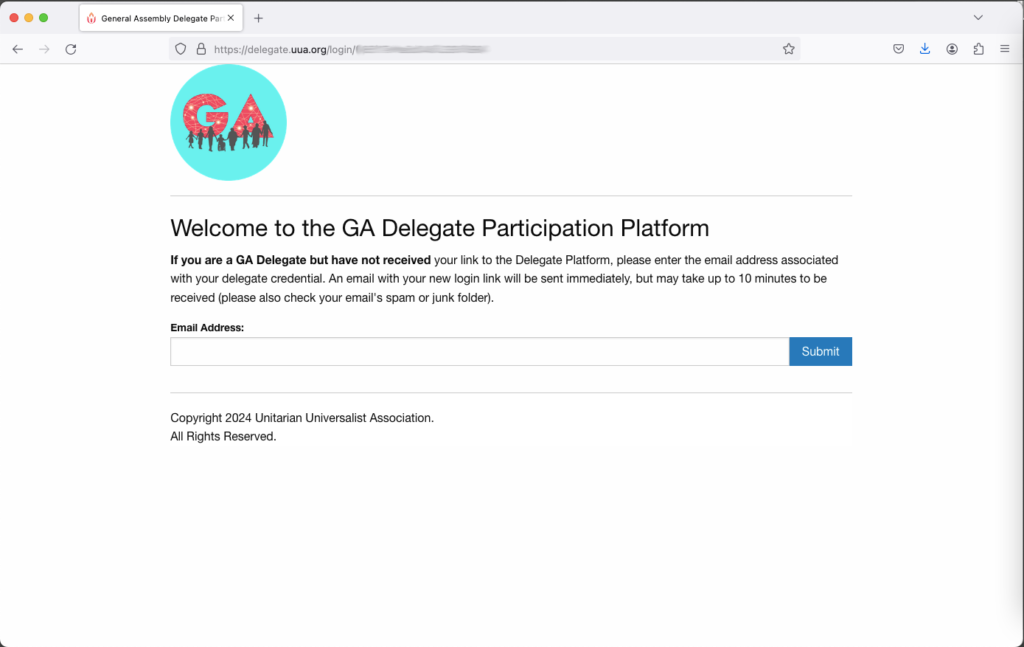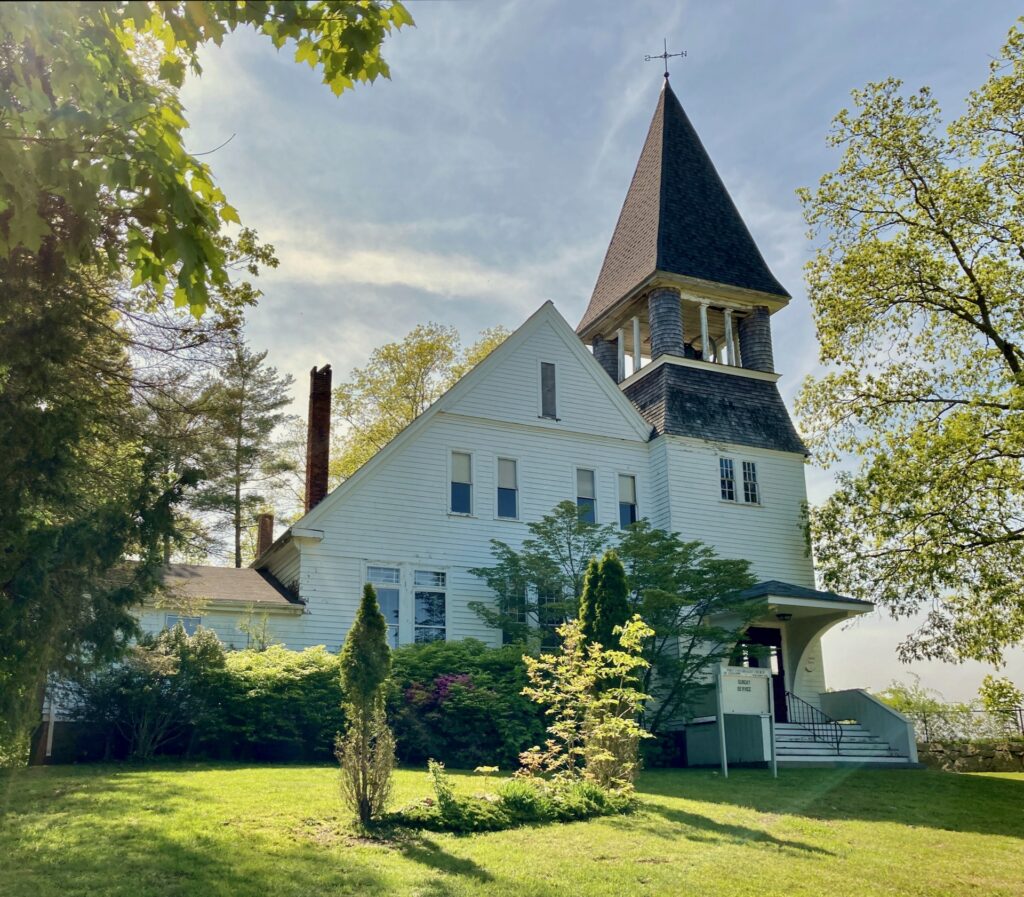I ran into Mary P at the Sunday service here in Cohasset. She’s the other delegate from our congregation to General Assembly. She asked me if I’d been following General Assembly. I said that I had, but added that it was painful to watch at times. She agreed.
We both were repelled by speakers (on both sides of various issues) who were mean-spirited, unkind, willing to mistake opinion for facts, and so on. We both agreed that we were not seeing these kind of behaviors in our local Unitarian Universalist congregation.
I suspect the online format tended to encourage bad behavior. But whatever the cause, I felt frankly embarrassed by some of my co-religionists. Mind you, it was people on both sides of the issues being debated. For example, in the discussion of the bylaws revision, after legal counsel for the Unitarian Universalist Association gave her professional opinion that the bylaws revision would not reduce the freedom of individual congregations, at least one speaker said the bylaws revision would reduce congregational freedom. In another example, one speaker who supported the revision of the bylaws relied on what I considered to be ad hominem attacks; I wound up muting the audio.
This online General Assembly was one of the few times I felt embarrassed to be a Unitarian Universalist. To me, it felt like hyper-individualism had run amok. Sadly, the whole thing was livestreamed on Youtube, so anyone could watch it.
Oh well. Who am I trying to kid? We live in a horribly polarized society. Why should Unitarian Universalists be immune from polarization? And a huge driver of polarization is people doing way too much social interaction online, instead of in person. If we hold General Assembly online, I guess we have to expect the same bad behavior that has driven me from Facebook, Twitter, Mastodon, and other social media platforms.
And the problem may well be my problem. These days, the only thing I use social media for is finding out about Sacred Harp singings; I’m no longer accustomed to a daily dose of mean-spiritedness, unkindness, and misinformation. Maybe if you use social media a lot, General Assembly seemed tame and well-behaved. But it’s not for me — and I’m not enthusiastic about ever attending another online General Assembly.




